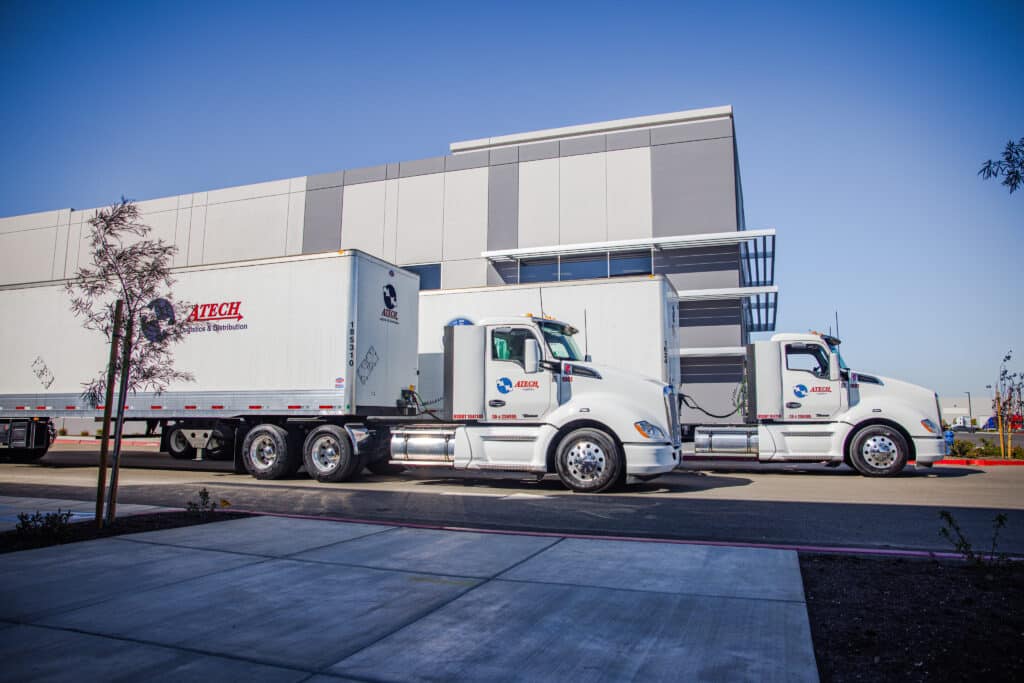
Blockchain is continually gaining relevance as more industries become aware of its potential. Goldman Sachs referred to the blockchain as the new technology of trust expanding that this technology is changing the way businesses and industries buy, sell, and interact with the government and verify the authenticity of it all.
To understand how the blockchain is specifically relevant to the shipping industry, it is important to truly understand what the blockchain is and how it has developed over the years.
Blockchain, also known as Distributed Ledger Technology, makes it impossible to alter the history of a digital asset and uses cryptographic hashing and decentralization to make it transparent. At its core, blockchain can be defined as a technology that is a distributed account that keeps track of the provenance of a digital resource. Essentially blockchain allows these digital assets to be documented securely allowing processes to be sped up while also reducing the risk of fraud. These digital assets can then be distributed as opposed to being copied allowing for an unchangeable record of the asset.
Another important aspect of the blockchain is its transparency. The public can have real-time and transparent access due to the immutable and decentralized record. This increases integrity and trust in the digital asset making this a significantly important technology for almost any industry.
Blockchain was originally introduced over 10 years ago as the dispersed ledger for bitcoin transactions. As it developed over the years, blockchain didn’t become mainstream until around 2016 when several industries began seeing it as valuable technology aside from just bitcoin and the cyber currency world. The year 2018 was significant for the shipping industry when it comes to its incorporation of blockchain. The first-ever container that was processed with the recent blockchain-based technology was released successfully in Slovenia. This sped up the process of shipment to being done in just minutes instead of the usual days and weeks it would normally take. It also decreased the chance of fraud, theft, damage, or loss drastically. This marked the beginning of blockchain’s successful integration into the shipping industry.
When taking a closer look at the blockchain’s relevance to the shipping industry, a major component is its use in the transport and logistics sector. When it comes to logistics blockchain is a major resource in overcoming challenges that may come about. Blockchain eliminates the problems of inconsistent levels of technology adaption, manual operations, and low transparency as its innovative capabilities and security allows for increasing predictability and visibility. A key factor in the use of blockchain throughout logistics is the ability to accelerate the flow of goods while maintaining their traceability helping supply chains become sustainable and reliable.
Blockchain also poses a huge benefit when it comes to transportation. Having higher forms of security is a beneficial factor when it comes to transporting goods especially when it comes to preventing fraud and similar attacks. According to binarapps, blockchain completely changed data signature by identifying the fraud and the person who made it more successful. Due to data being written in a given block, blockchain remains resistant to modification as one would have to change all previous blocks in order to. Having this secured data makes this a key observing tool for logistics and transportation.
As technology advances it provides a better opportunity for processes to become faster. This is especially helpful when it comes to transportation as blockchain does not make it necessary for an extensive process when it comes to billing and verification. Due to there being only one report between handlers, the execution of processes becomes faster. Blockchain also allows for the avoidance of any errors when it comes to processing payments as there is no need for third-party assistance.
Another key aspect of blockchain’s importance to transportation is the ability to track updates easily. Information about a product is accessible at each stage of its life cycle. Whether it be from the production, logistics, delivery, or distribution, Blockchain can track these various updates throughout every process involved. Not only is this traceability helpful but its accuracy and ability to detect and prevent fraud at this level are important as well. If fraud or a similar incident were to happen, blockchain allows for an accurate trace to wherever the incident may have happened in the process. All in all, the improvement in efficient processes and sustainability proves the relevance blockchain has when it comes to the chipping industry. The Center for Strategic & International Studies emphasized the struggles the world has faced when key ports suffered from an unexpected amount of bottlenecking. Not only does the increased shipping pose a threat to security but also to the industry when sticking to a paper-based system. Implementing blockchain allows for more productive and efficient benefits within the industry as well as environmentally.

